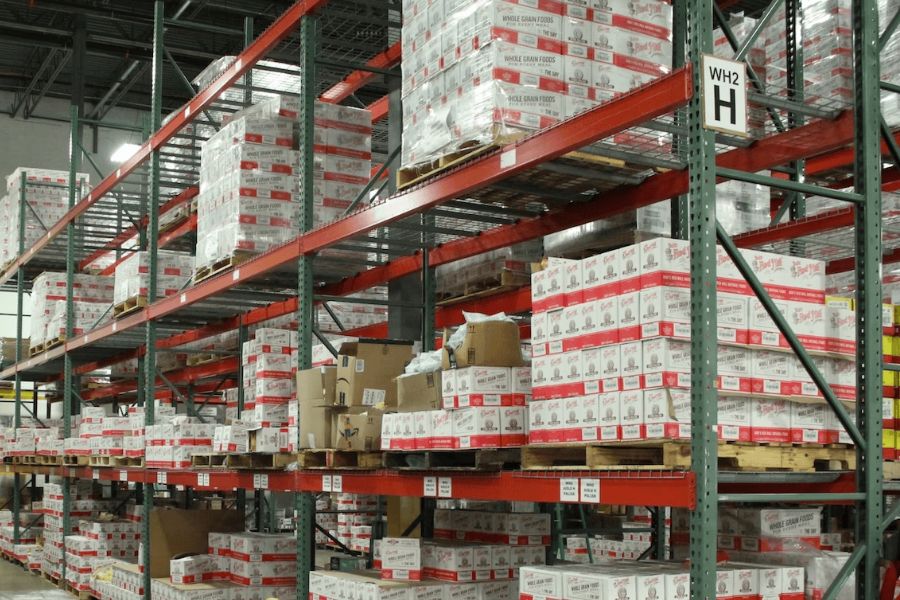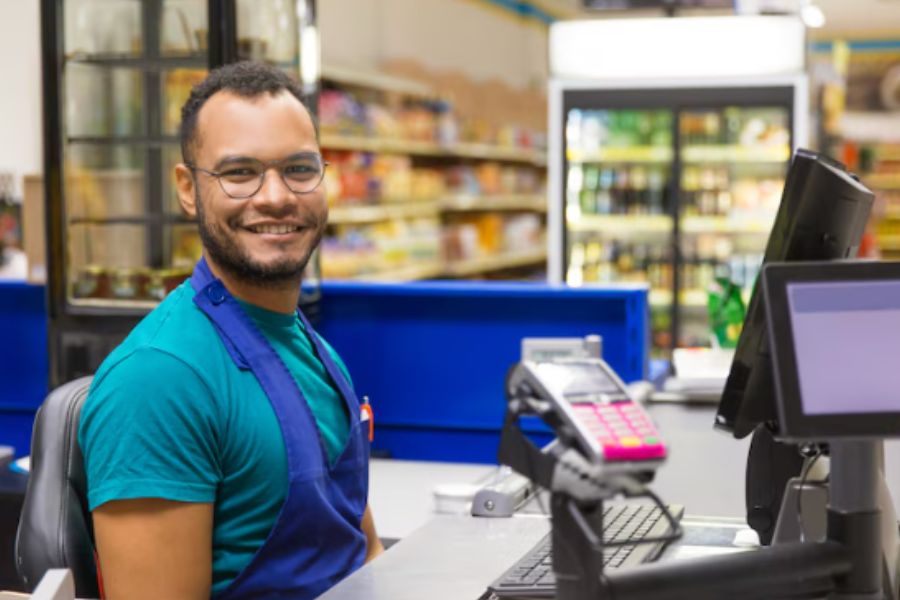Anyone who shops online has experienced the joy of receiving a package shortly after they order it, but what is the process for an online order? A lot is going on behind the scenes. To quickly ship an order is a well-designed process with several steps; every step is just as crucial as the next one. One wrong move could cause a major problem and unhappy customers. So, how to make the orders go smoothly?
What is order fulfillment?
Order fulfillment is storing inventory (warehousing), picking, packing, and shipping products to customers. The process could be completed by an eCommerce company or a third-party logistics (3PL) provider. A successful order fulfillment strategy is essential for eCommerce businesses to build customer loyalty and stay competitive.
It applies to both business-to-consumer (B2C) – orders are shipped to customers directly and business-to-business (B2B) – large quantities are shipped to big retailers.
How does order fulfillment work?
Receiving Inventory
Before you can fulfill orders from your online channels, you need inventory. Usually, there would be 2 ways for a company to handle inventory. You could choose to receive and stock inventory in-house or choose an outsourcer to take care of the tasks. For the first option, your inventory must be on hand; you would be the one responsible for taking stock, examining, labeling, and managing the inventory. Or in the second option, inventory must be sent to the provider that fulfills on your behalf, and the order fulfillment supplier would handle all the tasks.
Processing orders
Businesses that use outsourcers don’t need to go deeply into the process since they already had the providers to do the rest. On the other hand, businesses that manage their own inventory would have the orders printed from their POS systems, picked from shelves, transported to packing stations, inspected for damages, boxed, and then moved to the shipping station.
Shipping orders
Once the order has finished processing, it is time for shipping. The size and weight of the order would determine the best shipping method. This could be sent from the post office, UPS store, or having a carrier pick up from the order fulfillment center.
Processing returned orders
If customers were to return products, you have to be prepared to process it. Depending on quality, the reason for the return, and your return policy, orders could either be restocked to inventory or disposed of.
For customers, able to return items is a huge factor in the operation. In order to make sure that the process of receiving, replacing, and refunding is efficient, you need a policy that is easy for both your employees and customers. With that, you could avoid unnecessary chaos.
Auto order fulfillment
When fulfilling an order, you could either do it manually or automatically, With ConnectPOS, you could choose the ‘Auto Fulfillment’ option for your checkout page. It is the most hands-off way to fulfill your orders without wasting much time on the process.
Overall
Keeping order fulfillment processes running smoothly is vital to any business. Brainstorm about what your brand needs and then develop a strategy that works for you best. An efficient and well-managed order fulfillment system is one that is fully integrated with your POS system. By using ConnectPOS, businesses could maximize their productivity and lead to happy customers receiving their orders on time, every time. Explore now to try your 14-day free demo.



